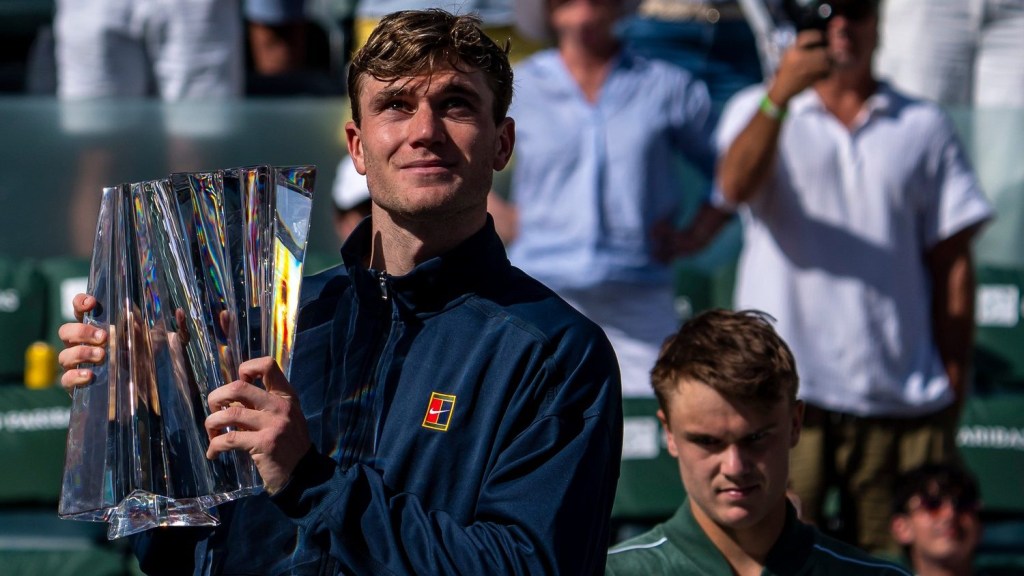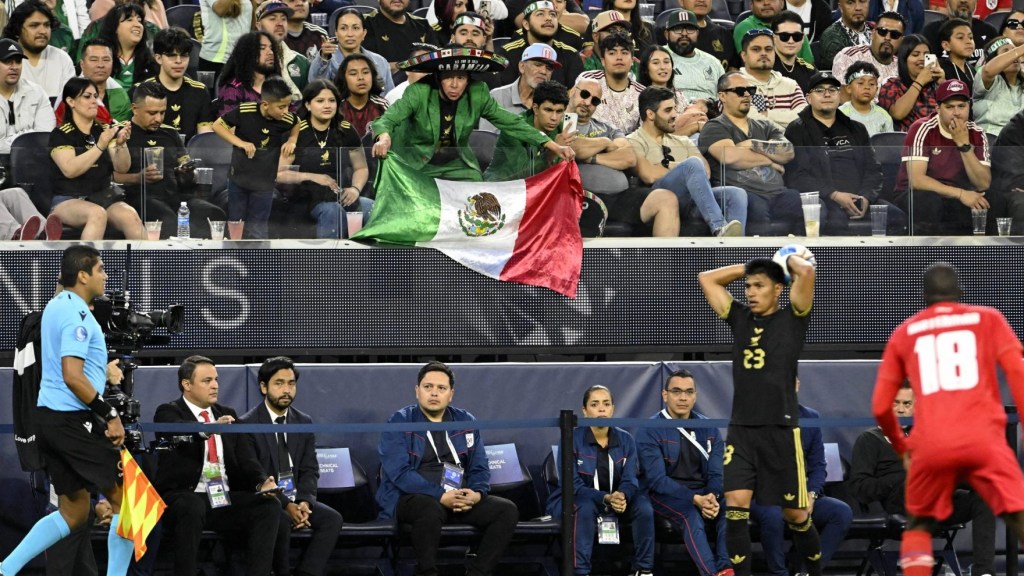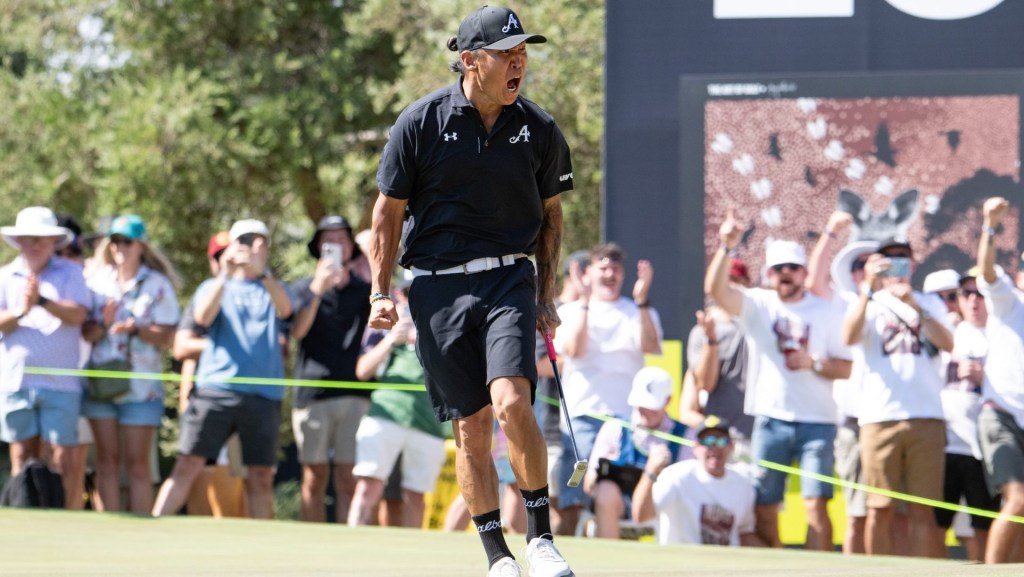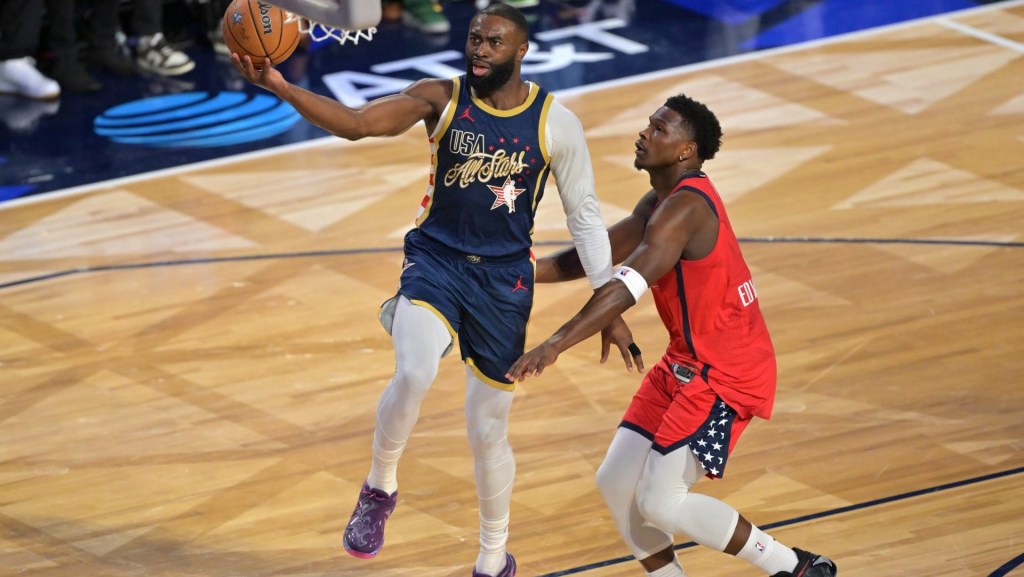Corbin Burnes has been one of MLB’s best pitchers for nearly his entire career. Over the last five full seasons, only two pitchers have thrown more innings, and only one has maintained a lower ERA. Burnes was excellent in Baltimore last year, finishing fifth in AL Cy Young voting. Why did an ace who won’t turn 31 until next year’s World Series agree to six years and $210 million—a smaller contract than Max Fried signed with the Yankees?
One very significant reason is the contract structure. Burnes can opt out of the deal in just two years, giving him a chance to hit free agency and capitalize yet again. We saw Blake Snell do this, albeit with a much smaller deal: He signed in San Francisco for two years and $62 million in March, then opted out of the second year and signed with the Dodgers for five years and $182 million in November.
Burnes can do that on a larger scale; he gets a guarantee of over $200 million, with the chance to cash in yet again at the age of 32.
Arizona Edge
Burnes was widely reported to be negotiating with the Giants and Blue Jays, but another factor in the decision, per USA Today: Arizona has a 2.5% state income tax rate, relative to 12.3% in California. USA Today also reported that Burnes was offered seven years and $250 million by an AL East team, but with no opt-outs. He chose flexibility.
Arizona was not linked to top free agents this offseason, particularly pitchers. The Diamondbacks’ strength is their pitching staff, and the team’s owner called starter Jordan Montgomery, who’s still under contract, “our biggest mistake.” This move also pushes the traditionally frugal franchise’s payroll to 11th for 2025, above big-market teams like the Giants and Cubs. How did they afford this commitment?
The Diamondbacks’ books aren’t public, but their attendance is. The team sold 19% more tickets in 2024 than in 2023 after reaching the World Series. Additionally, Burnes deferred $10 million per year—up to $50 million—until the end of the contract, driving the current value of the contract down further. At that point, it was surely hard for Arizona to rationalize not adding the ace, a Scottsdale native who clearly wanted to be in the Phoenix area full-time.
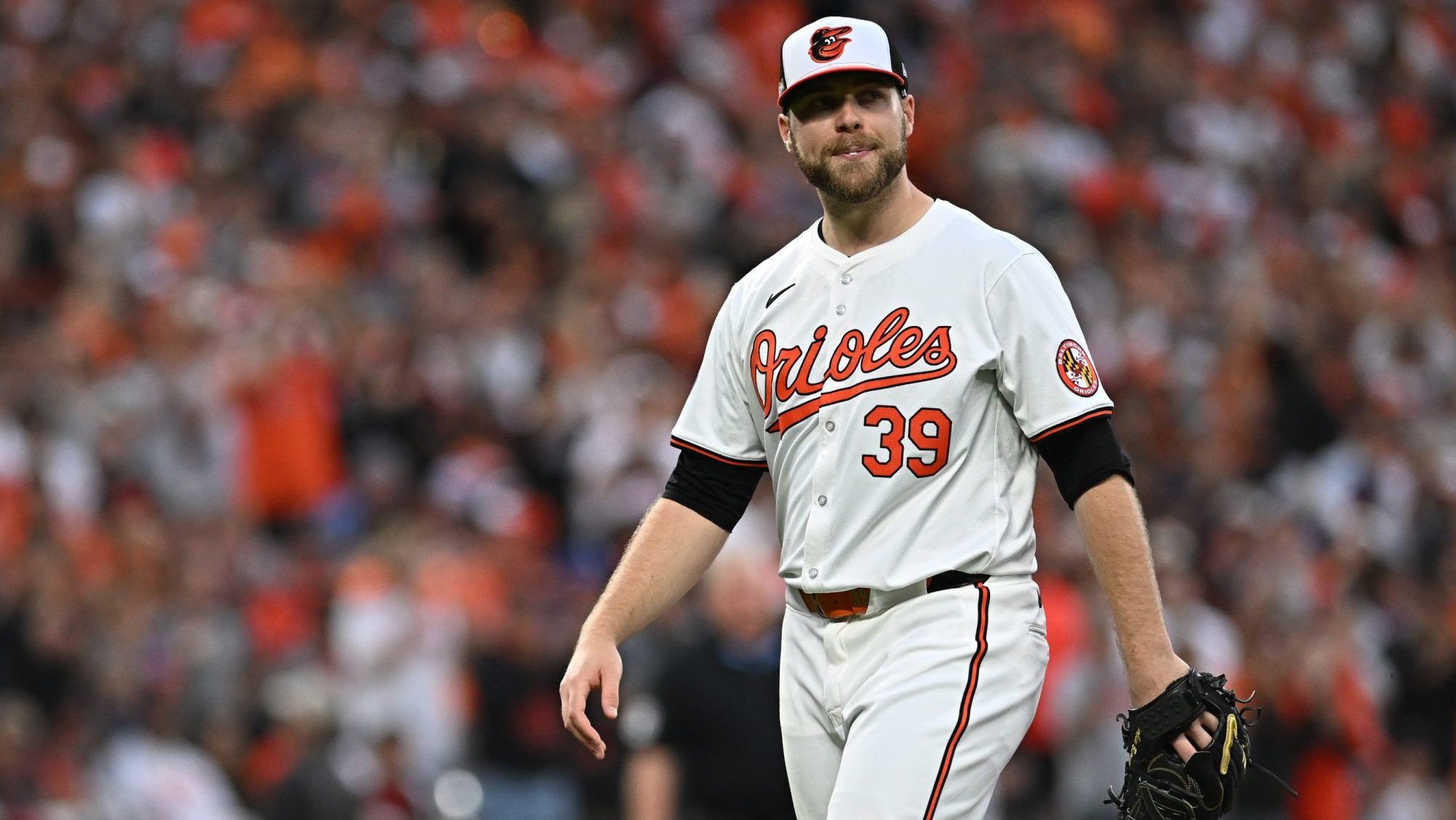

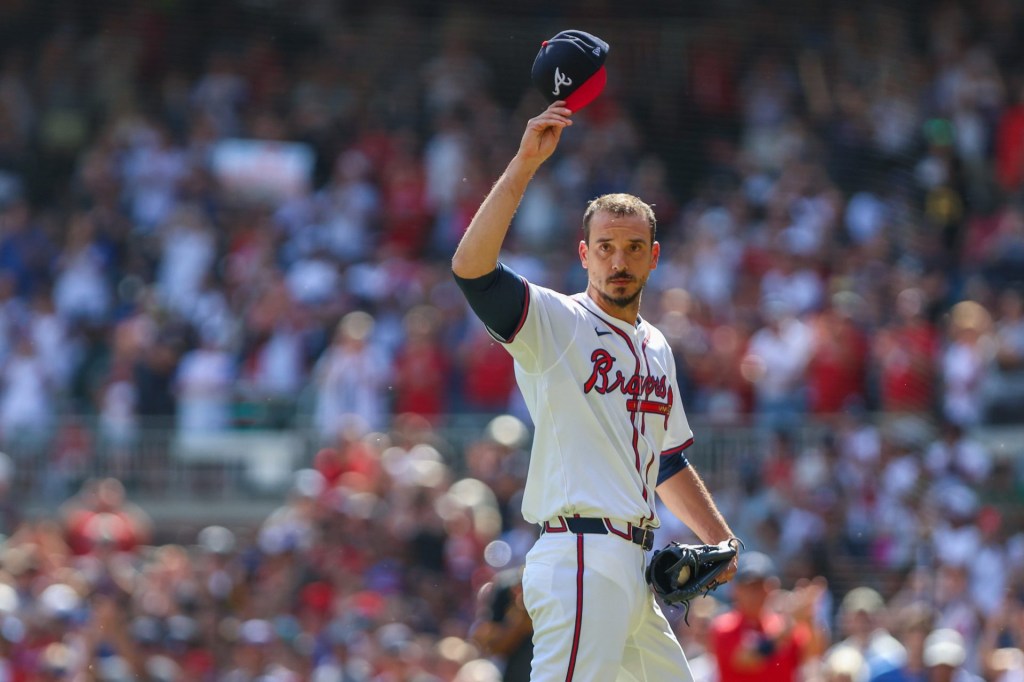
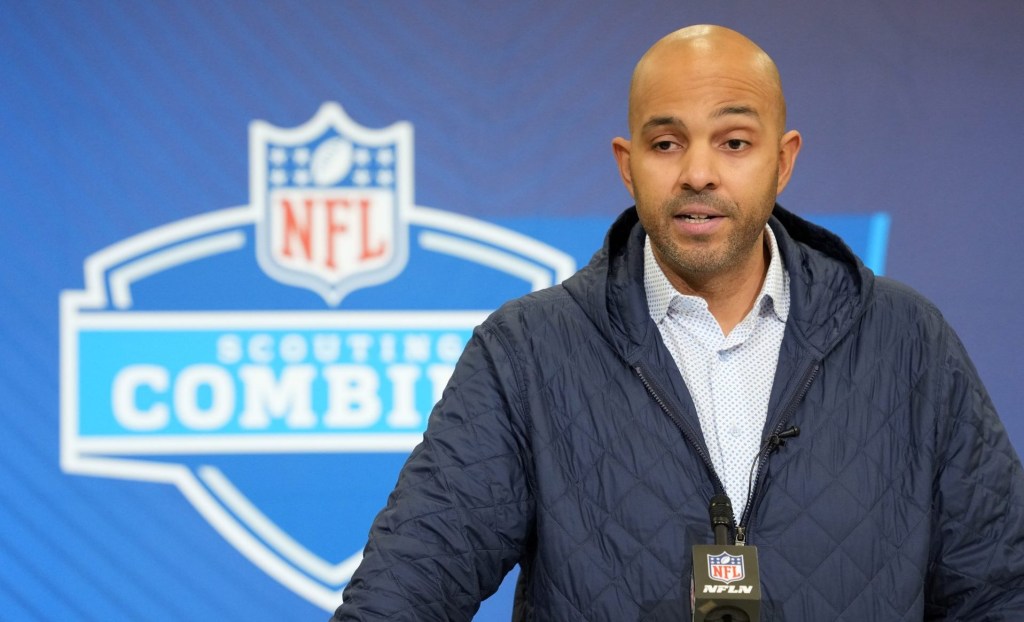
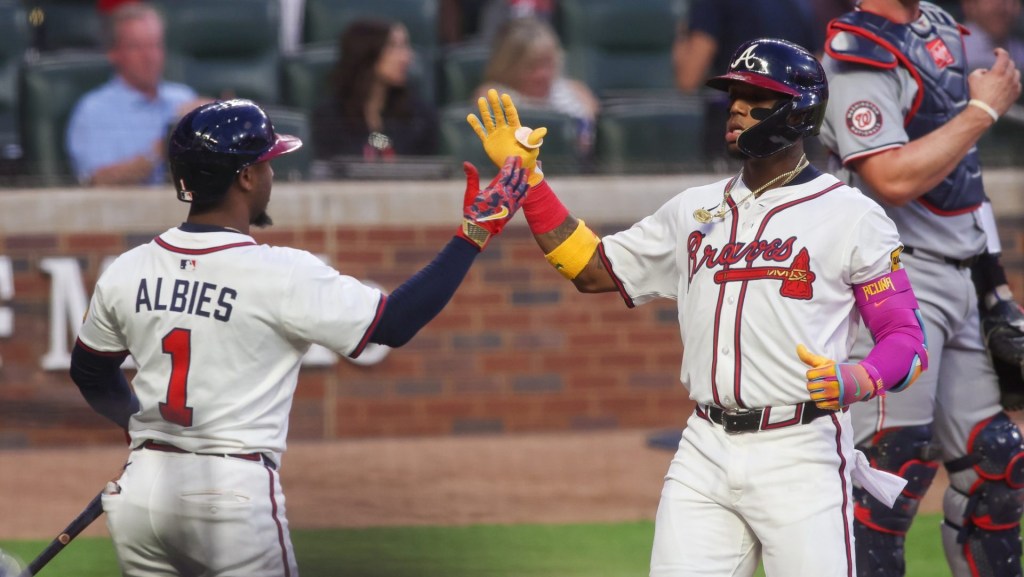
![[Subscription Customers Only] Jun 15, 2025; Seattle, Washington, USA; Botafogo owner John Textor inside the stadium before the match during a group stage match of the 2025 FIFA Club World Cup at Lumen Field.](https://frontofficesports.com/wp-content/uploads/2026/02/USATSI_26465842_168416386_lowres-scaled.jpg?quality=100&w=1024)
![[Subscription Customers Only] Jul 13, 2025; East Rutherford, New Jersey, USA; Chelsea FC midfielder Cole Palmer (10) celebrates winning the final of the 2025 FIFA Club World Cup at MetLife Stadium](https://frontofficesports.com/wp-content/uploads/2026/02/USATSI_26636703-scaled-e1770932227605.jpg?quality=100&w=1024)



